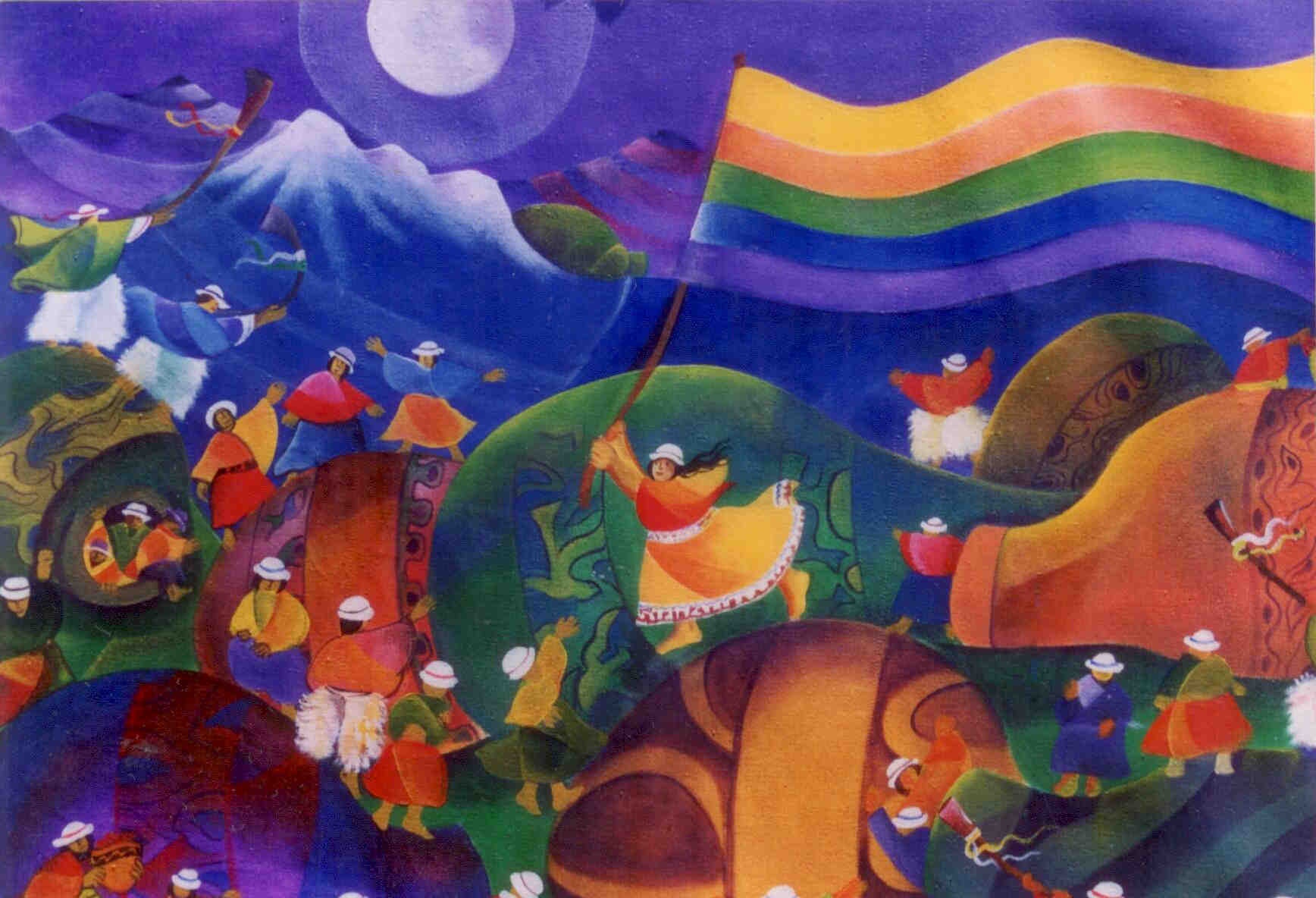 Mr. Pinheiro, a Brazilian academic and political science scholar, since 2011, he is UN Chairman of the Independent International Commission of Inquiry for Syria; he declared me:
Mr. Pinheiro, a Brazilian academic and political science scholar, since 2011, he is UN Chairman of the Independent International Commission of Inquiry for Syria; he declared me:
“It is so shocking that a group of normal citizens, poor and black, have been killed by police in Vila Cruzeiro, a favela of Rio de Janeiro [one of favelas studied by Maria Helena Alves in her book LIVING IN THE CROSSFIRE.] There were ten people killed this time and it was called a «revenge» (and celebrated) by the police, of the so-called «pacification unit, the UPP» because a shootout occurred days ago and a policewoman was killed. A killing of a police woman is a heinous crime against the State and the criminals who perpetrated this crime must be found and prosecuted. But the fact that the police should take revenge upon the residents is absolutely unacceptable and is also a crime. All those deaths required a serious investigation that will never take place because the victims are always guilty”.
The complete interview is in the new Morsolin Book in spanish: “El rescate del derecho a la ciudad en la explosión de los movimientos sociales urbanos. Perspectivas de los niños/as, adolescentes y jóvenes de los sectores populares de Latinoamérica”.
An estimated 250,000 children are sexually abused every year in Brazil, according to nonprofit child advocacy organizations, and the numbers spike around major sporting events.
Research from Childhood Brazil, a human rights organization designed to protect children, shows sex crimes against children increased by 66 percent during the 2010 World Cup in South Africa and by 28 percent during the 2006 games in Germany.
Mr. Pinheiro is a Brazilian academic and political science scholar. Within the United Nations System, he served as the Special Rapporteur on the situation of human rights in Myanmar (2000-2008). Since 2011, he has served as Chairman of the Independent International Commission of Inquiry for Syria.
He also served as United Nations Special Rapporteur for Burundi from 1995 to 1999 and was a member of the Sub-Commission on the Promotion and Protection of Human Rights. From 2003 to 2010 Mr. Pinheiro was commissioner and rapporteur on children at the Inter-American Commission on Human Rights of the Organization of American States.
In 2003, Secretary-General Kofi Annan appointed Mr. Pinheiro as an independent expert, with the rank of Assistant Secretary-General, to prepare an in-depth study into the global phenomenon of violence against children. This was presented to the General assembly in 2006. In Brazil, he is currently one of seven members of the Brazilian Truth Commission created in 2012 by President Roussef, examining human rights violations during the military dictatorship from 1964 to 1985. He has a long and distinguished career in academia. He is adjunct professor international relations visiting at Brown University’s Watson Institute for International Studies. Previously, he also held academic positions at the University of São Paulo, Columbia University, Notre Dame University, Oxford University, and the École des hautes études en Sciences sociales.





